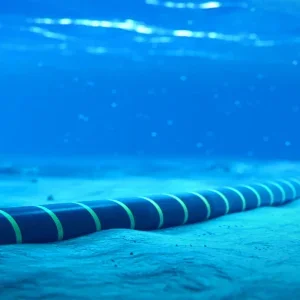It forms part of a wider investment programme that will see GDF SUEZ spending EUR30 billion over the period 2008-2010.
The decision will contribute to the security of electricity supply in western Europe. It is also in line with the strict Electrabel and GDF SUEZ guidelines for environmental performance and the fight against global warming.
The higher efficiency means that more electricity will be produced with less fossil fuel, thus reducing CO2 emissions by about 25%.
In addition to these advantages in terms of CO2 emissions, the Maasvlakte site was chosen for the possibilities that it offers for carbon capture and storage (CCS). In this way the power station anticipates technological developments that are expected in the near future. Electrabel and GDF SUEZ are actively carrying out research in this field: the Group is currently working on a project for collaboration in an industrial-scale CCS project as part of the European Economic Recovery Plan. Beside this, Electrabel is working on a project aimed at developing and operating a CCS pilot plant, due to enter service in 2010 in the Gelderland power station near Nijmegen.






